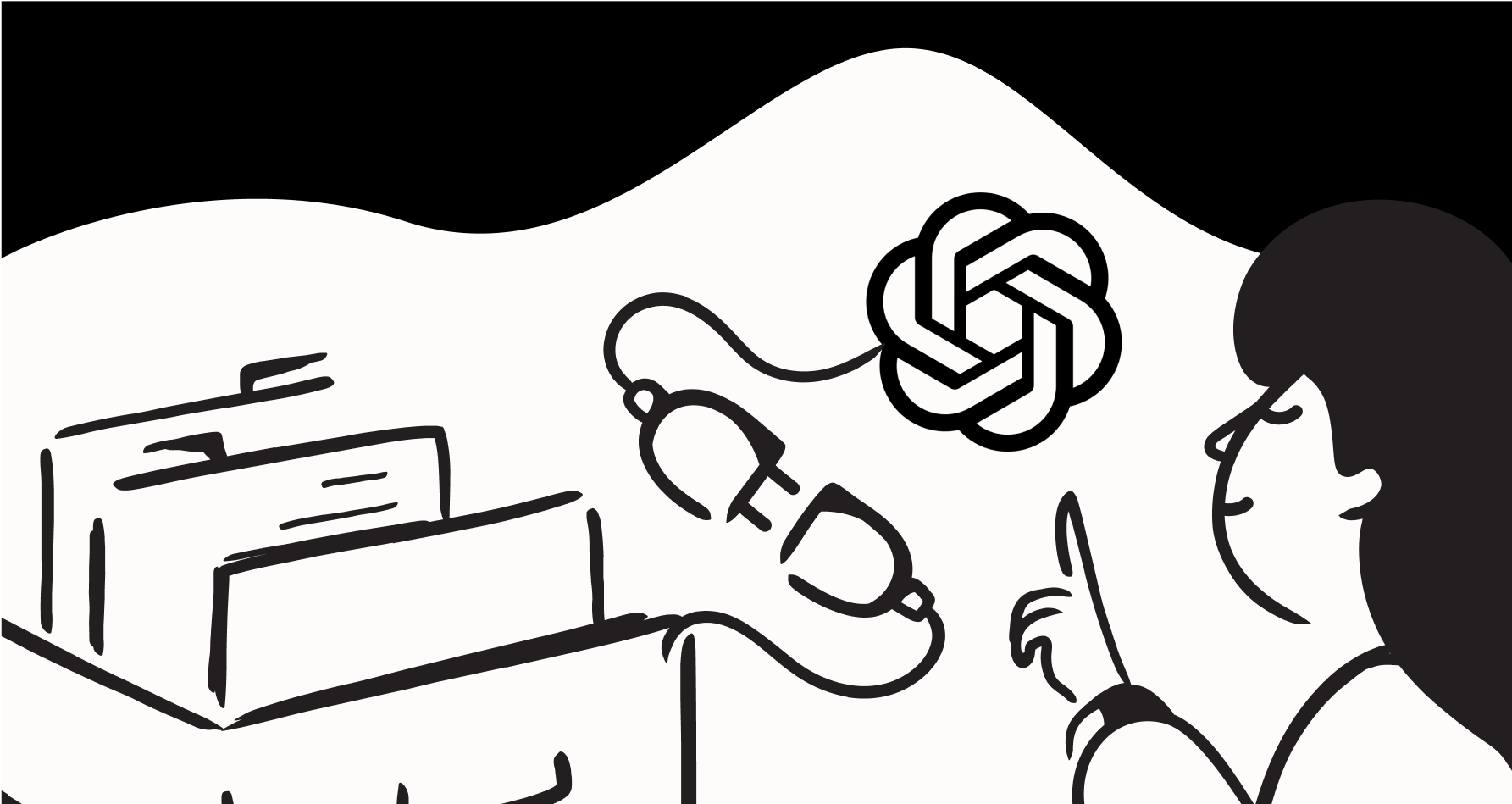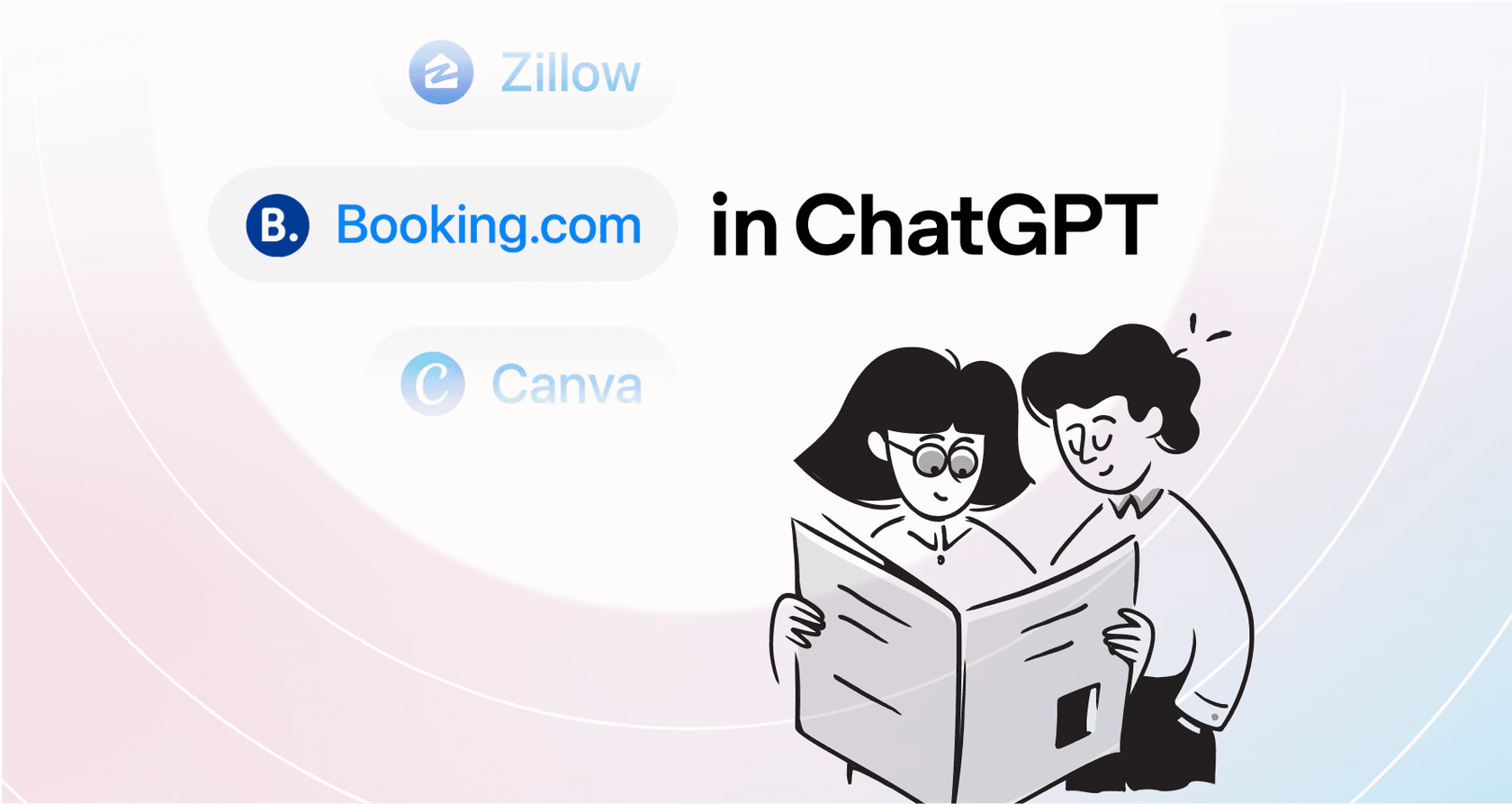
It feels like you can't open a browser these days without stumbling upon a new AI tool. Giants like Google Gemini and Claude have put some seriously powerful artificial intelligence into everyone's hands, making the idea of a free AI assistant pretty tempting. For personal to-do lists and random curiosities, they're fantastic.
But when it comes to the workplace, the big question is whether a general-purpose, free AI assistant can actually handle the messy reality of a business environment, like customer support or internal IT.
The short answer is, not really. While these tools are smart, they weren't designed for the specialized, high-stakes world of business. Let's break down what free AI assistants are good for, where they fall short, and what a real, professional AI solution built for business actually looks like.
First, what are we talking about when we say 'free AI assistant'?
"Free AI assistant" is a broad term that covers any software using AI (usually a large language model, or LLM) to do things or answer questions you type in. They're popping up everywhere, but they mostly fit into a few categories.
- General Personal Assistants: These are the helpers you probably already use, designed for everyday consumer tasks. Think of the assistant on your phone or conversational apps like Luzia. They're great for answering trivia, setting a reminder, or telling you the weather, but they have no clue about the specifics of your business.
- Content and Creative Generators: This is the most common type right now. Tools like Freeassist.ai or DeepAI are all about making something from scratch, an article, some ad copy, an image, or a bit of code. You give them a prompt, and they create new content based on it.
- Business Automation Platforms: This is a newer space where the real value for companies is supposed to be. These platforms try to automate specific workflows, but their "free" plans are usually very restrictive. They might let you build a simple chatbot, but they often don't have the power, connections, or security needed for serious business use.
Under the hood, most of these tools are just a chat window layered on top of a powerful LLM. Their value in a business setting isn't about how smart the model is; it's about whether it can connect to your company's systems and access your private knowledge. And that's the wall nearly every free tool runs into.
Where a free AI assistant can actually help
To be fair, these free tools can be genuinely useful for certain one-off tasks. They can definitely make an individual's daily grind a little smoother.
Boosting personal productivity with an AI assistant
For individual employees, these assistants can be a handy sidekick for managing their own workload. They’re great for things like:
- Setting a quick reminder with Google Assistant without having to open your calendar.
- Getting a fast answer to a general knowledge question without breaking your concentration.
- Translating a short bit of text or drafting a quick, informal email to a coworker.
Speeding up content creation and brainstorming
Marketers, writers, and other creative folks can get a lot of value here. These tools are a fantastic starting point for:
- Writing the first draft of a blog post or a few social media updates.
- Generating a list of ideas for a new marketing campaign when you're feeling stuck.
- Creating simple video scripts or some catchy headlines for ads.
Getting basic coding and technical help
Developers can also find these tools useful for straightforward tasks, such as:
- Generating a standard code snippet in Python or JavaScript to save some time.
- Asking for a simple explanation of a complex algorithm.
- Helping to debug a small, isolated piece of code that’s acting up.
But you probably see the common thread here, right? In every case, the AI is a tool, not a teammate. You’re still the one in the driver's seat, thinking of the prompt, copying the customer's question, pasting it in, getting a response, and then pasting it back. It’s not operating on its own within your company's systems.
The problems with using a free AI assistant for serious business tasks
When you try to stretch a free, general-purpose tool to fit a specific business need like customer support, you bump into some serious limitations pretty quickly. These aren't just small annoyances; they're major gaps that create risks, add manual work, and stop you from truly automating anything.
A free AI assistant has no idea what's going on in your business
The biggest issue is that a free AI from the web is a complete stranger to your business. It knows nothing about your internal processes, a customer's order history, or the specific details of your products. It can't log into your helpdesk to see a customer's past tickets, and it can't check your internal knowledge base for the right troubleshooting steps. The answers it provides will be generic, and sometimes, dangerously wrong.
A professional solution is built from the ground up to connect with your business. For example, eesel AI securely connects to the tools you already use, like Zendesk, Freshdesk, and Confluence. It doesn't just rely on a generic model; it learns from your past support tickets, macros, and help center articles. This lets it understand your brand's voice and give answers based on your company knowledge, not just random stuff it found online.
A free AI assistant creates manual work, not real automation
Picture this: a customer asks a question. Your support agent copies it, opens a new tab, pastes it into a free AI chatbot, waits, copies the answer, and then pastes it back into the ticket. That’s not automation; it’s just adding more clicks to the process. It doesn't reduce the number of tickets in your queue or resolve issues on its own. It's a manual tool that complicates your workflow instead of simplifying it.
The whole point of using AI in support is to have it handle issues autonomously. The eesel AI Agent is designed specifically for this. It works inside your helpdesk and can manage incoming tickets from beginning to end. It can figure out what the customer needs, find the right answer in your knowledge base, write a reply in your brand's voice, and even do things like tagging or closing the ticket, all without a person having to step in. That's the difference between a manual tool and a digital team member.
A free AI assistant is a big risk for data privacy and security
Every time your team pastes something into a free, public AI tool, you have to wonder: where is that data going? You risk feeding it confidential customer information or internal company secrets. You have no control over how that data is stored, who sees it, or if it's being used to train a model that your competitors might use down the line.
For any business, security has to be a priority. A professional platform like eesel AI is built with security in mind. We guarantee your data is never used to train general models. With enterprise-level features like EU data residency and the use of SOC 2 Type II-certified subprocessors, you can trust that your sensitive information is handled securely and stays yours.
There's no way to test, control, or scale a free AI assistant reliably
So you found a free AI tool that looks promising. How do you know if it will actually work with your real customer questions? The honest answer is, you don't. There's no way to test it on your past tickets, see how it would perform, or roll it out slowly to just one type of request. You either turn it on and cross your fingers, or you don't use it at all. That's not a great strategy for a core part of your business.
A professional tool is designed to give you confidence. eesel AI includes a simulation mode that lets you test your setup on thousands of your past tickets. You can see exactly how the AI would have answered, get an accurate forecast of your automation rate, and figure out your potential return on investment before it ever talks to a single live customer. From there, you can roll it out with complete control, starting with simple questions and expanding its responsibilities as you build trust.
How to spot a professional-grade AI assistant vs. a free AI assistant
If you're ready to move past the limits of free tools, you need to know what to look for. A true business-grade AI assistant is more than a chatbot; it's a platform designed for integration, control, and performance. Here are the key things to check for:
It plays nice with your current setup The tool has to plug into the technology you already use. Any solution that forces you to switch from your existing helpdesk or CRM is a massive, expensive project waiting to happen. Look for a platform with one-click integrations for the tools you rely on. With eesel AI, you can be up and running in minutes, not months.
It can learn your unique business knowledge The AI needs to be an expert on your business, not just a general know-it-all. It should be able to pull information from all your sources: your public help center, your internal wikis like Notion or Google Docs, and most importantly, the thousands of past customer conversations stored in your helpdesk.
It has a fully customizable workflow engine A professional AI assistant should do more than just chat, it should do things. Look for the ability to build custom workflows that can tag and sort tickets, call an API to look up order information from Shopify, and follow complex instructions that you set up. eesel AI's prompt editor and customizable actions give you that fine-tuned control over the whole process.
It has transparent and predictable pricing "Free" can get very expensive if you're not careful. Many platforms use a "per-resolution" pricing model that actually penalizes you for success, the more tickets your AI resolves, the more you pay. A professional solution should have clear, predictable pricing. eesel AI avoids per-resolution fees completely, with straightforward plans that let you scale up without worrying about surprise bills.
Move from a free AI assistant to an automated teammate
While a free AI assistant is a great tool for boosting personal productivity or kickstarting a creative project, it's just that: a tool. It doesn't have the integration, security, context, or true automation power needed for demanding business functions like customer support or IT service management.
To actually lower costs, improve your team's efficiency, and provide better customer experiences, you need an AI that works for you, autonomously, securely, and inside your existing workflows. You need an intelligent agent that feels less like a search box and more like a dedicated member of your team.
This video explores some of the best AI assistants available to help you work smarter and boost your productivity.
Get started with a professional AI assistant today
Ready to see the difference between a generic chatbot and a fully integrated AI support agent? You can set up eesel AI in minutes and run a free simulation on your own historical tickets to instantly see your team's automation potential.
See how eesel AI can help your team do their work, start a free trial or book a demo.
Frequently asked questions
Generally, no. When you paste information into a public, free AI assistant, you lose control over that data. It could potentially be used to train public models or be stored insecurely, creating a significant privacy risk for your customers and your company.
For generic, non-sensitive emails, the harm is minimal. However, this process isn't true automation; it's a manual copy-paste workflow that doesn't scale or integrate with your systems. It also builds habits that could become risky if employees start pasting in confidential information.
A free tool can help brainstorm generic answers, but it will fall short quickly. It can't access customer-specific information like order history or account details, which means it can't resolve the majority of real support tickets and risks providing incorrect, generic advice.
This approach is temporary and insecure. Public AI tools don't have a persistent memory of your business, and you'd be uploading your internal knowledge to a third-party service without any security guarantees. Professional platforms integrate directly and securely to learn from your data.
You've outgrown a free tool when you need the AI to do more than just generate text. If you need it to access your business data, take actions in other software, and handle tasks autonomously without constant human intervention, it's time for a professional solution.
Share this post

Article by
Kenneth Pangan
Writer and marketer for over ten years, Kenneth Pangan splits his time between history, politics, and art with plenty of interruptions from his dogs demanding attention.





